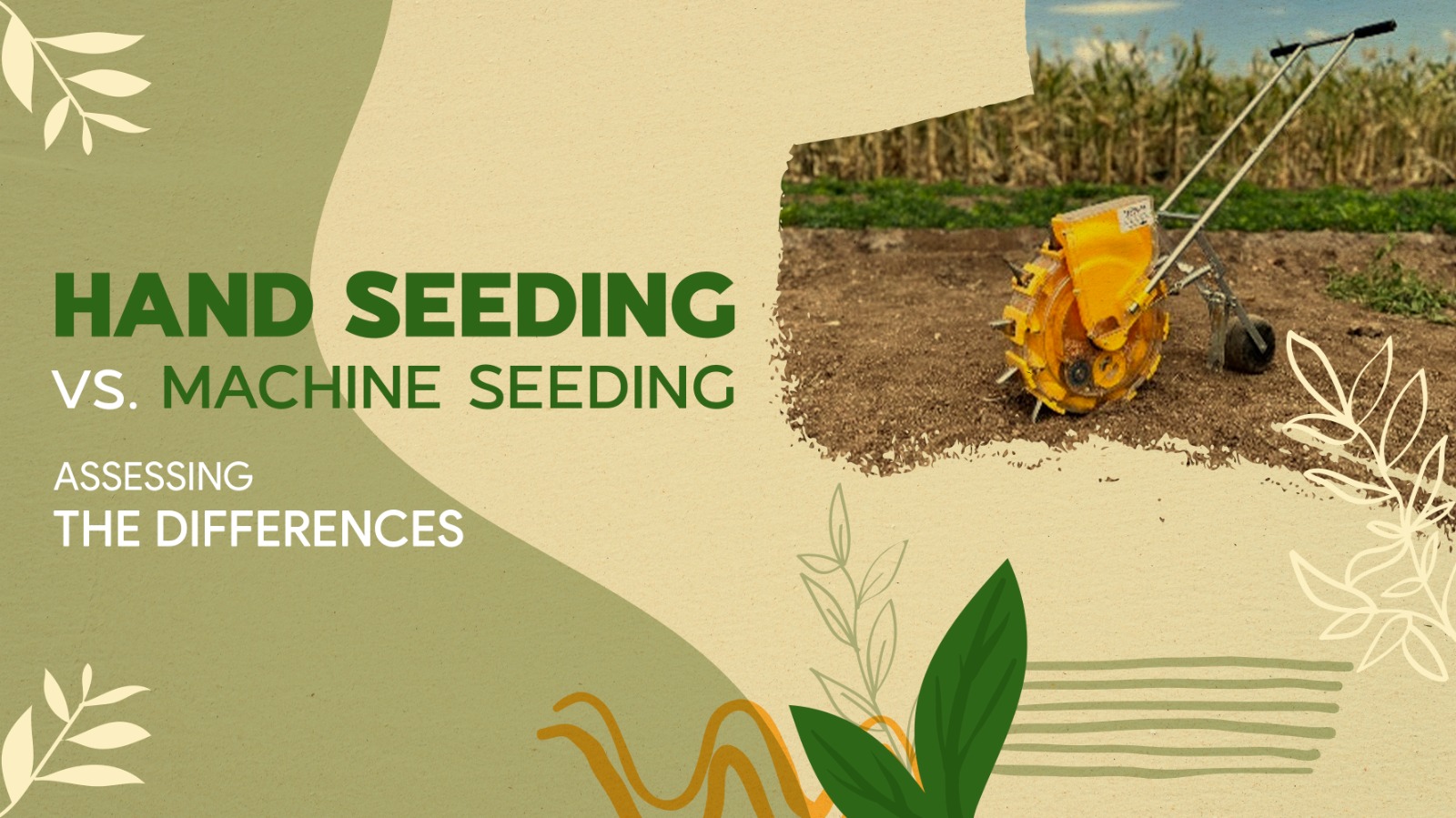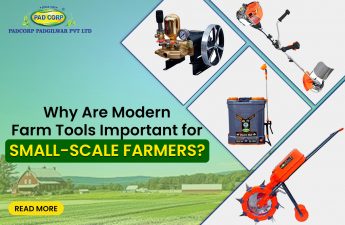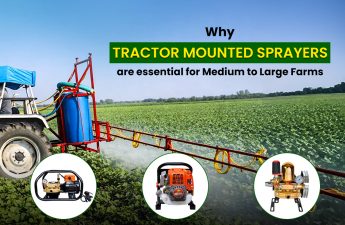Seed sowing is a crucial step that directly impacts crop yield and efficiency. Farmers use hand seeding and machine seeding to carry out the process. Each method has its advantages and challenges. Choosing between the two is a nuanced decision for farmers. This blog will give you an insight into the benefits and challenges of the two methods so that you can make an informed decision.
Advantages of Hand Seeding
- Control and precision
Hand seeding allows for precise seed placement, ensuring optimal spacing and depth. This level of control is especially beneficial for smaller plots and varied crop arrangements.
- Low-initial Cost
Hand seeding typically requires minimal equipment, making it a cost-effective option for small-scale or resource-constrained farmers. The simplicity lowers the barriers to entry.
- Adaptability
Hand seeding is adaptable to different terrains, particularly those with irregular shapes or topography. It enables farmers to navigate through tight spaces.
Challenges of Hand Seeding
- Labour-Intensive
The labour intensity is perhaps the most significant disadvantage of hand seeding. It can be time-consuming and physically taxing, particularly in larger fields. It has the potential to reduce the overall efficiency of the farming operation.
- Prone to Inconsistency
Human error and fatigue can cause inconsistencies in sowing seeds, potentially affecting crop uniformity and overall yield.
Advantages of Machine Seeding
- Speed and Efficiency
Machine seeding is well-known for its speed and efficiency, covering large areas in far less time than hand seeding. It is especially beneficial for commercial farming.
- Consistent
Machines ensure consistent seed placement and depth, reducing the risk of uneven crop growth. Consistency is essential for increasing yield and easing subsequent agricultural processes.
- Labour Savings
Machine seeding reduces labour requirements, making farmers independent and the process cost-effective. It can free up resources for other crucial farm tasks while improving operational efficiency.
Challenges of Machine Seeding
- High Initial Cost
Purchasing a seeding machine can be an expensive initial investment for farmers. It can be difficult for smaller businesses or those with limited financial resources. However, Padgilwar Corporation in Pune offers affordable farming equipment, including seeding machines, to make farming easy and efficient for small farmers in India.
- Less Adaptability
Seeding machines excel in open and flat terrains, but irregular landscapes or confined spaces may lower their efficiency.
The Final Decision
Thus, the choice between hand and machine seeding depends on several factors and requirements. However, technology makes farmers’ tasks easy and increases their income.
Padcorp, the leading agriculture product manufacturer in Pune, strives to help small farmers of India by offering a host of farming equipment. Our seeding machine is robust, easy to handle, durable and affordable. Besides, we offer excellent after-sales services. So, embrace technology and enhance your farming experience.



